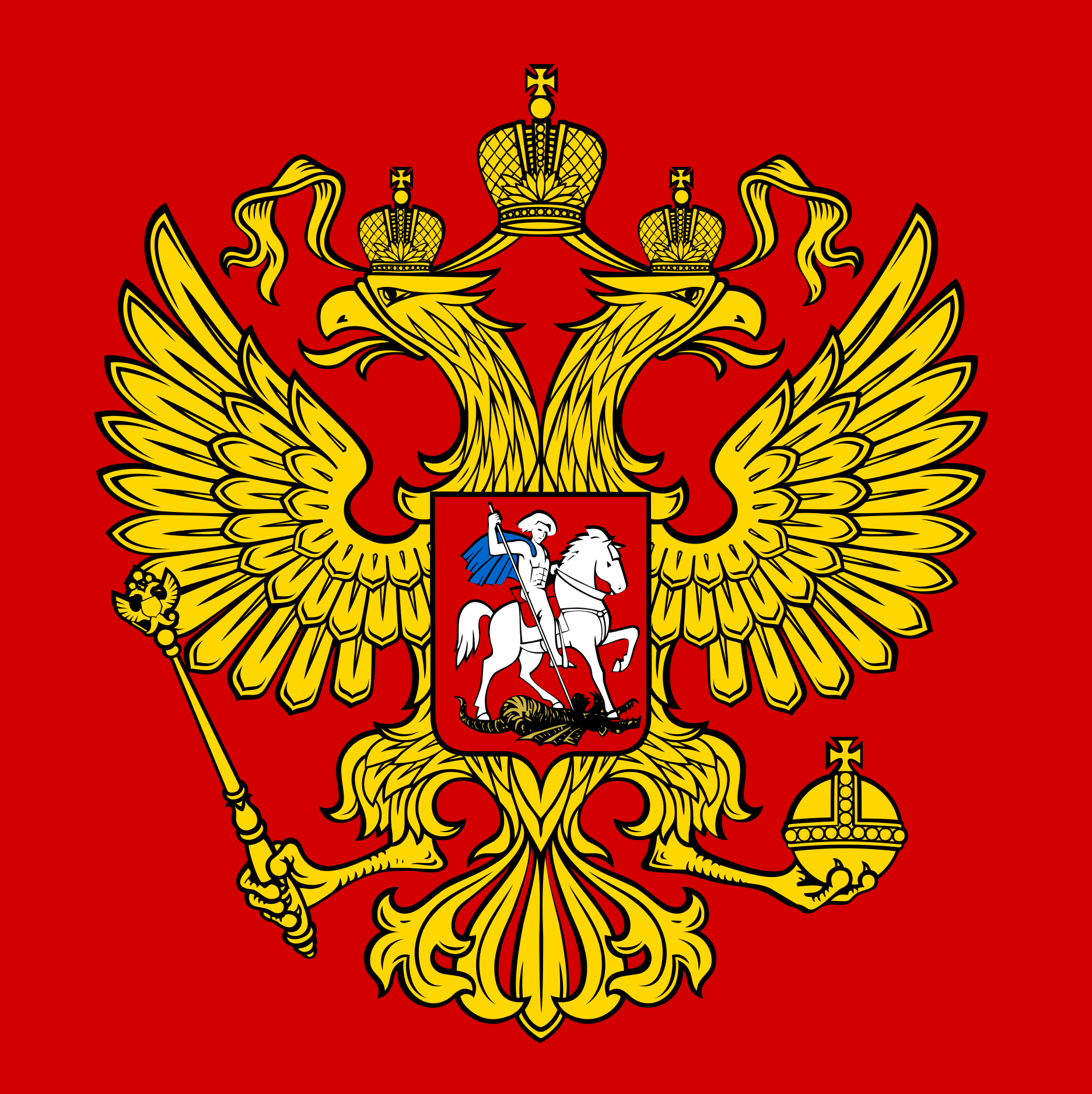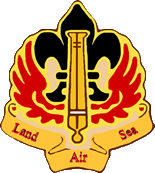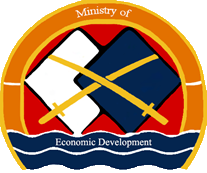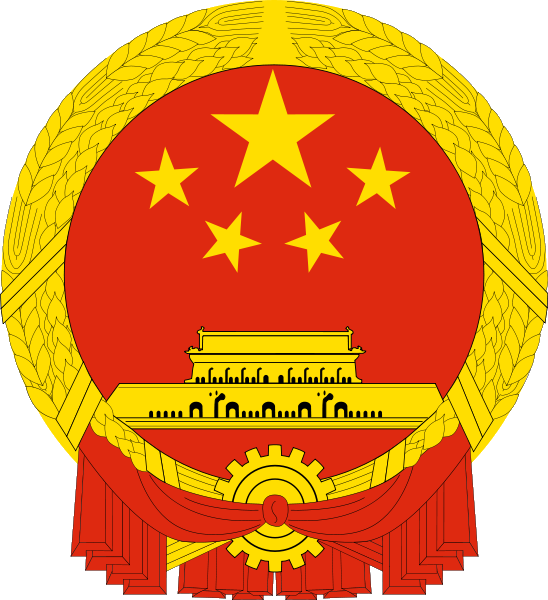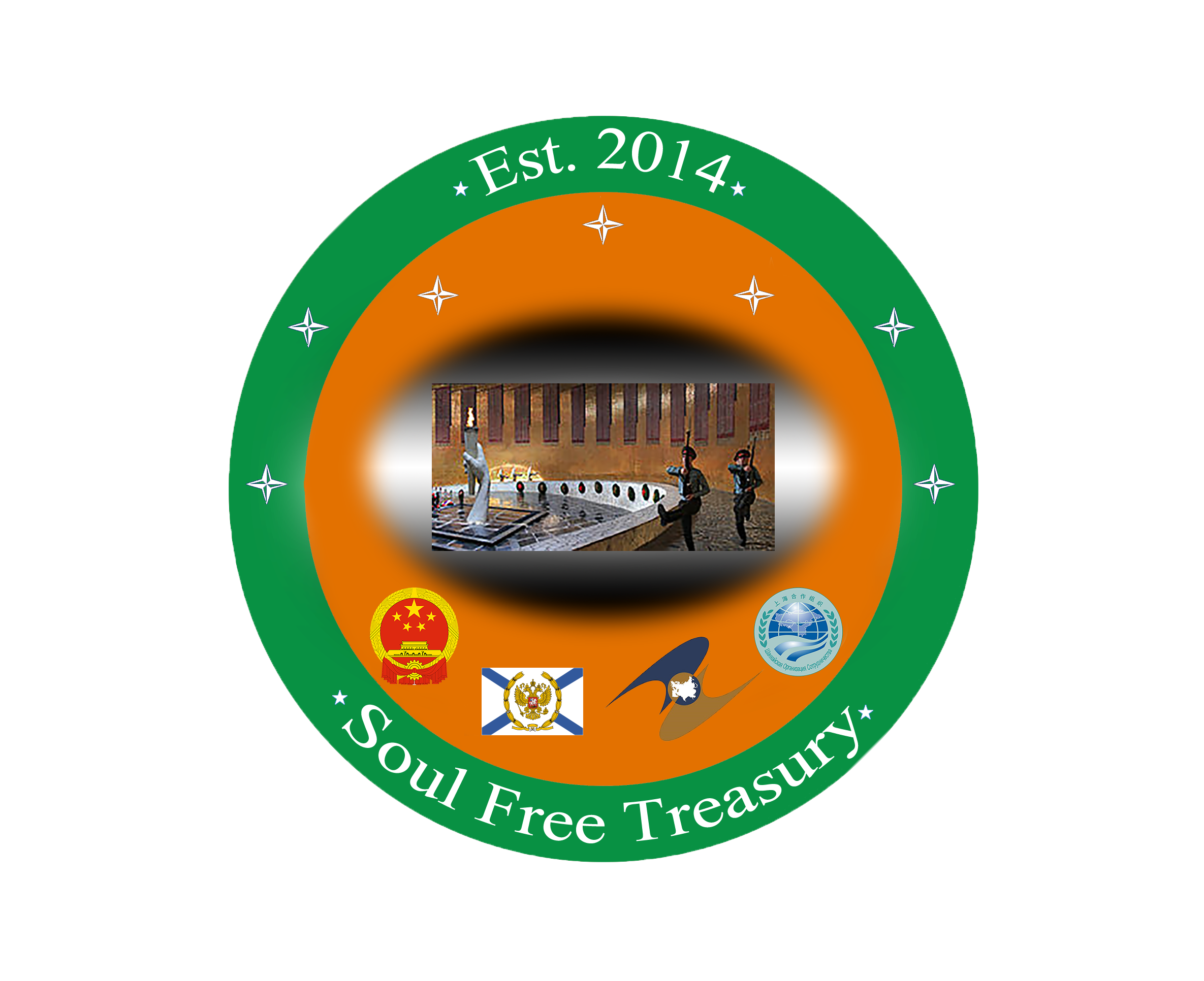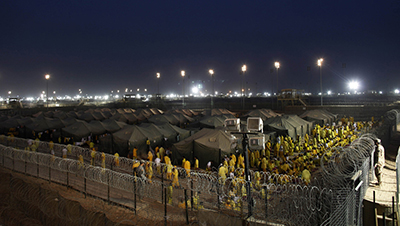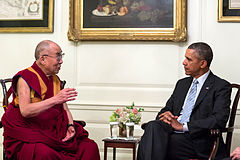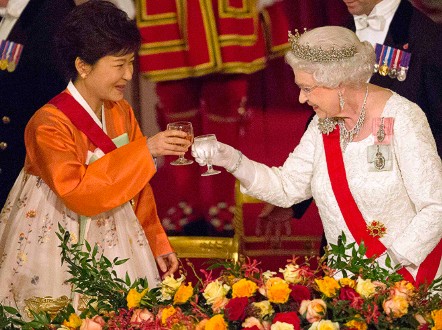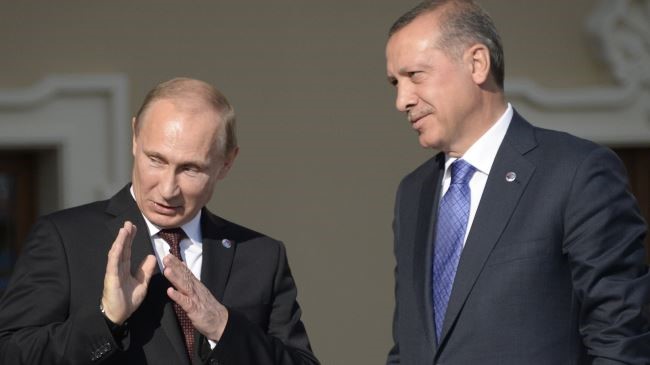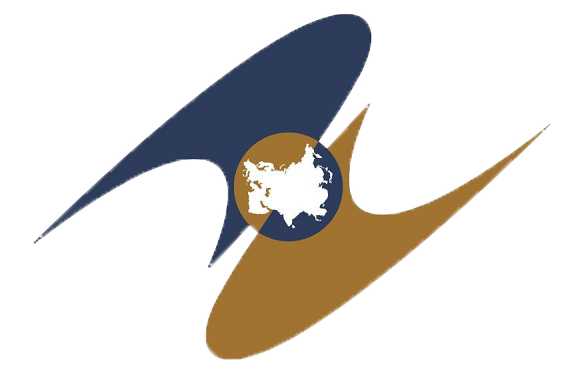 CEO Cornerstone
CEO Cornerstone 
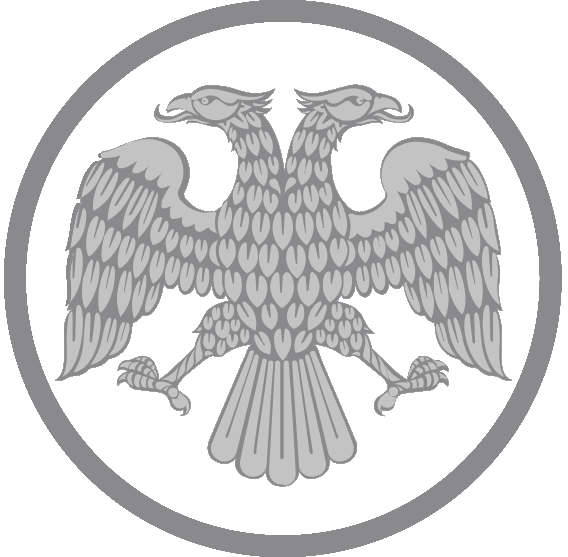





Our annuals research the issues which most impact our strategic timeline!
  |
|
 |
 Got DEBT... Visualize Iraq from Kurdistan
Got DEBT... Visualize Iraq from Kurdistan 
Thinly, the controversial roots of the COVID-19 pandemic, which intensifies military tensions to the West, begin with details on the Camp Bucca military prison held in Iraq. Notably, Camp Bucca surrenders mounting evidence of 2004 US war crimes in the region to establish and build the ISIS terror network which remains secluded in communicable diseases and infectious viruses. Likewise, the notorious Abu Ghraib prison in Iraq was abandoned over being deemed a main target for ISIS. Inevitably, the prison riots at Camp Bucca reflect major US infractions regarding crimes against humanity that are infused into the spread of the COVID-19 pandemic. Visually, the economic turmoil left in Iraq over the establishment of permanent US troops is provoking from Kurdistan which is allied to US-backed Syrian Democratic Forces (SDF). Furthermore, the threat of ISIS to the region in the wake of the COVID-19 pandemic intensifies military tensions against the West.
Militarily, Kurdistan is surrounded with tensions against both US troops and the SDF in both enemy and friendly fashion over Iraq. Frankly, the infamous invasion of Iraq is twisted in the US judicial system's lack for social welfare which has passed along to the prisoners of Camp Bucca and Abu Ghraib. Moreover, the threat of capital punishment and sudden death remains the epicenter and transfer of power between US troops in Iraq and the SDF. Meanwhile, the US has signed a deal for US oil companies to begin work on SDF dominated oilfields in northeastern Syria. Steadily, Kurdistan has adjusted for the political and military influence of the US in Iraq and is the primary stakeholder to US freedom of naval navigation rights which have been flaunted towards Iran, Turkey, Russia, China and so forth.
Permanent US troops in the Middle East and Africa Fuels Tensions in Iran
Presently, the USS Nimitz aircraft carrier is moving between Point Udall, Virgin Islands and Guam to enforce the Western economic posture built in Iraq. Furthermore, an air force strike group from Misawa Air Base in Japan remains on standby. Passively, the USS Theodore Roosevelt leads the US 7th Fleet on its mission in the Philippine Sea to decouple Asia from China. Accordingly, US support for Kurdistan is sustained with naval air-combat missions in Southern Europe, the British Virgin Islands and Japan. Futilely, the US promotion of Indo-Pacific relations streams toward ISIS and the SDF in Kurdistan. Hence, our strategic focus for the next several months will remain on permanent US troops in Iraq which fuel military tensions in Iran.
|
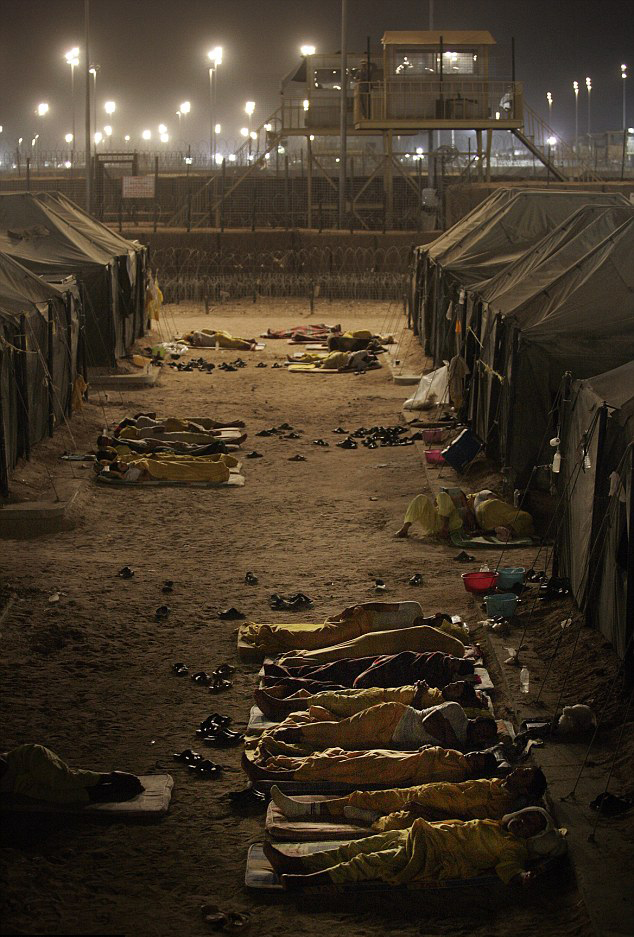
Keenly, permanent US troops in Iraq fuel military tensions with Iran as future threats of war crimes saturate the region from the shadows of Camp Bucca. Irreversibly, Iraq has proceeded with ensuring the total withdrawal of US troops in the nation. Yet, military debate from Kurdistan prolong the national security objectives for Iraq. Additionally, the global demand for petroleum and the total impact of the COVID-19 pandemic weigh heavily on the withdrawal of US troops in Iraq which is linked to US military tensions in Asia from Guam. Publicly, Abu Ali al-Askari a senior commander for the Kataib Hezbollah Brigades iterated, "The resistance [to the US] must continue with popular, political, security, and media pressure, with full readiness for wide military action until those killers yield to the people’s will."
Fervently, anti-US sentiment in Iraq is spreading over the assassination of Iranian anti-terror commander Lieutenant General Qassem Soleimani in January. Promptly, Iraq approved the bill demanding the total withdrawal of US troops in the nation which is a result of the deadly drone strike ordered by US President Donald Trump. Appropriately, Iraq must begin moving forward with the stabilization of Kurdistan with support from Turkey, Syria and Iran. Yet, the US has responded with threats of crippling economic sanctions to the region which further exacerbates the impact of the COVID-19 pandemic. Therefore, we will place special attention to the impact of the COVID-19 pandemic on the Brexit deal which illustrates a dwarf state of economic depression.
|

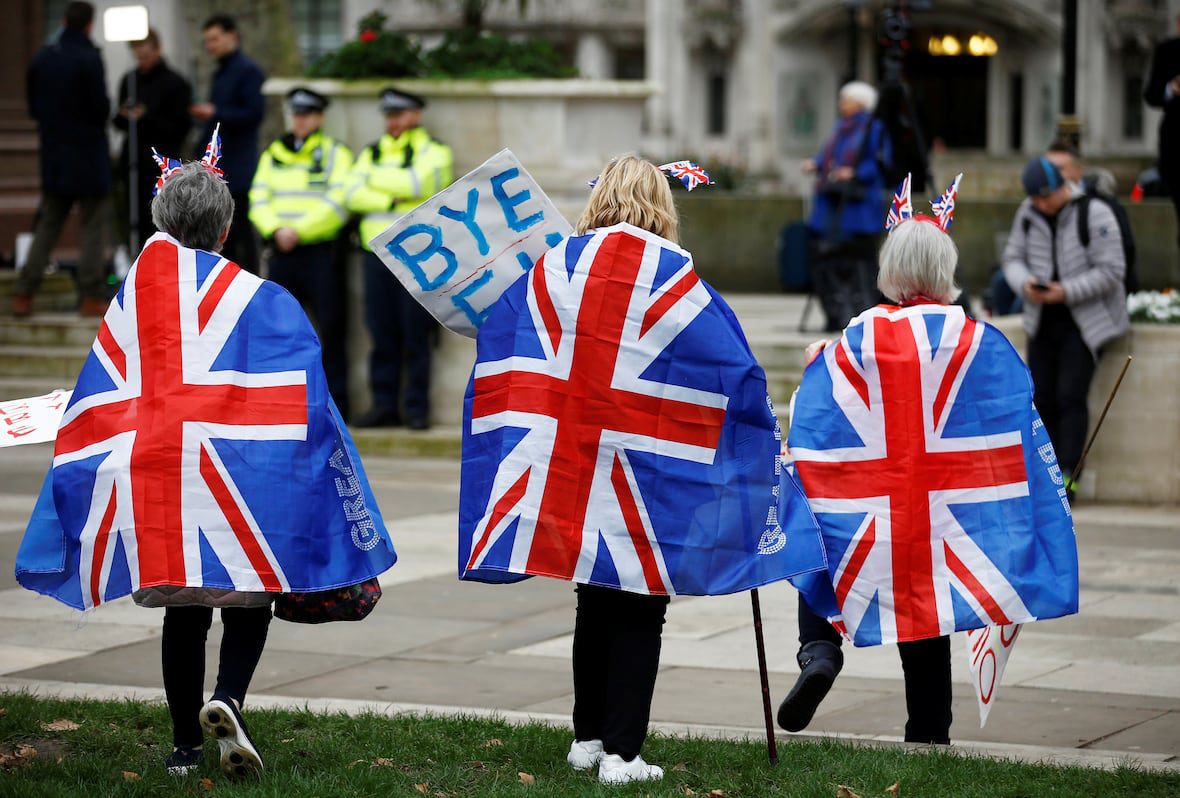
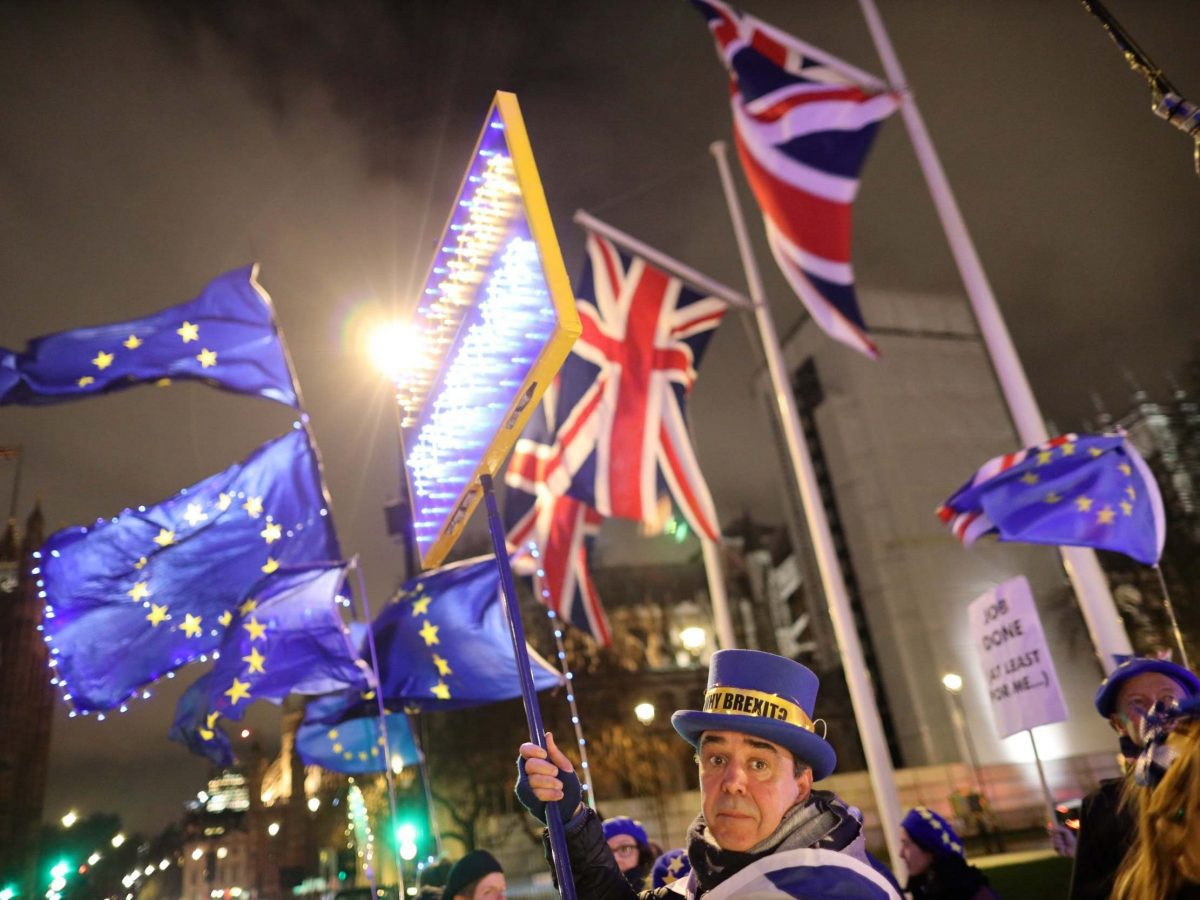
Economically, the withdrawal of US troops in Iraq is the primary source of oil volatility in which US air-combat strike groups perpetuate economic collapse beyond the scope of the COVID-19 pandemic. Instinctively, US economic sanctions against Iraq, Iran, Syria and Turkey points at the stagnated Brexit deal as recovery from the COVID-19 pandemic hastens. Readily, the shadow of Camp Bucca war crimes prevail from US resistance in the region that fuel both war and pandemic recovery efforts. Aggressively, the US is vowing for a stake in Kurdistan's oilfields as the delay in Brexit weakens its military threat over the bill demanding for the total withdrawal of US troops.
Prudently, Qais al-Khazali a leader in Iraq's Popular Mobilization Units (PMU) stated, "If the withdrawal [of US troops] does not take place, the foreign occupier must know that Iraqis will not accept the presence of its forces. The Americans, who will open negotiations [on the extension of their presence] in June, must remember the centenary of the Great Iraqi Revolution of 1920 against British forces."
Politically, US support for Zionism and ties with Israel leads the stall of Brexit. Hence, military tensions surrounding US naval navigation with regards to the Indo-Pacific prolong Brexit and bottles-up the actual roots of the COVID-19 pandemic. Virtually, the withdrawal of troops in Iraq produces the following: Brexit achieved, a breakthrough in the spread of COVID-19 and a halt to the oil crisis. Deliberately, Karim Allawi of the Iraqi parliament's security and defense committee iterated, "American forces view Iraq and its military bases from a strategic perspective, which best serves their interests in the entire Middle East region. There have also been remarks by a number of US officials to increase the number of American troops in Iraq within the coming days. This is further proof that the US military deployment has a wide and varied agenda."
